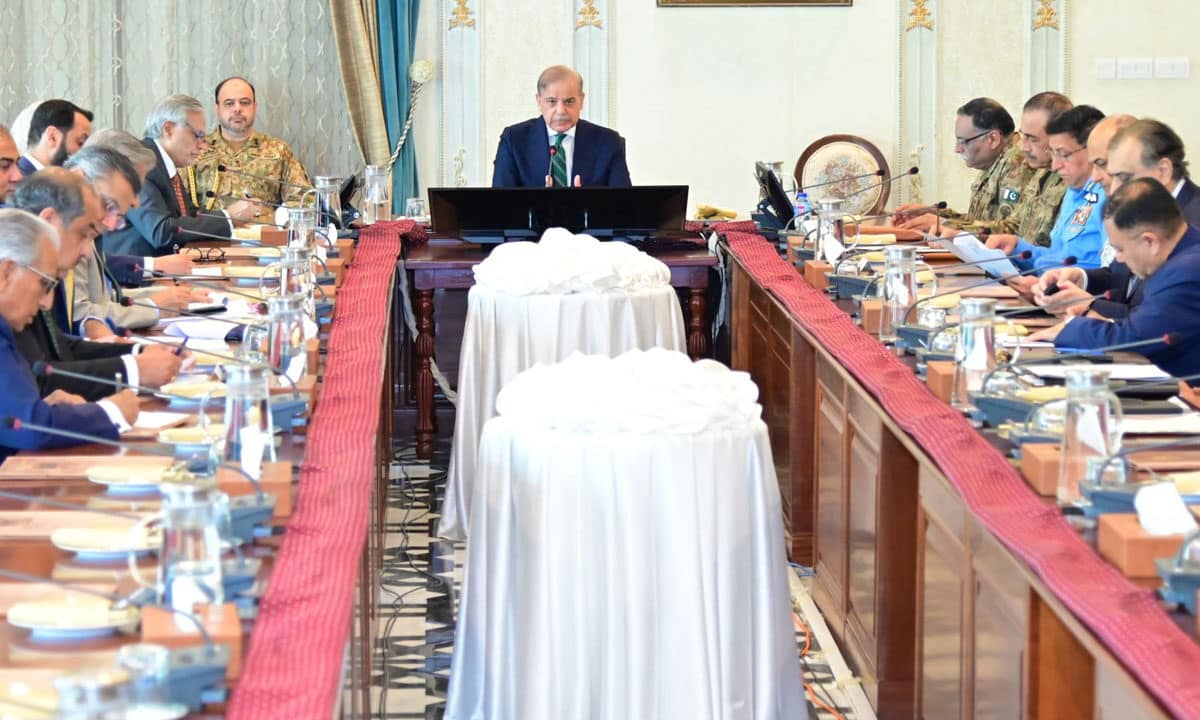Pakistan’s NSC Responds to India’s Measures After Pahalgam Attack; Closes Airspace, Expels Indian Defence Staff
While condemning the loss of innocent lives in the April 22 attack, the NSC firmly rejected India’s allegations of Pakistan’s involvement in cross-border terrorism, calling them “baseless and concocted.”

Islamabad: In a high-level emergency meeting of the National Security Committee (NSC) chaired by Prime Minister Shehbaz Sharif, Pakistan announced a series of retaliatory measures against India following the latter’s strong diplomatic and strategic response to the recent Pahalgam terror attack.
Table of Contents
While condemning the loss of innocent lives in the April 22 attack, the NSC firmly rejected India’s allegations of Pakistan’s involvement in cross-border terrorism, calling them “baseless and concocted.”
Key Decisions Taken by Pakistan
The meeting, attended by Pakistan’s top civil and military leadership, endorsed the recommendations of the Ministry of Foreign Affairs and took the following decisions:
- Immediate Closure of Airspace for India: Pakistan has shut down its airspace for Indian flights with immediate effect, citing escalating tensions.
- Warning Over Indus Waters Treaty (IWT): Pakistan warned that India’s decision to suspend the IWT would be seen as an “act of war”. The NSC vowed to use all elements of national power to counter any unilateral Indian move concerning the treaty.
- Expulsion of Indian Military Advisors: Pakistan has decided to expel Indian defence, navy, and air force advisors currently stationed at the Indian High Commission in Islamabad. These individuals, along with their support staff, have been given a deadline of April 30 to leave the country.
- Staff Reduction at Indian High Commission: The number of diplomatic staff at the Indian High Commission in Islamabad will be limited to 30, with a reciprocal measure to be applied at Pakistan’s mission in India.
- Closure of Wagah-Attari Border: Pakistan announced the closure of the Wagah-Attari land crossing as a direct response to India’s similar action.
Diplomatic Escalation Amid Heightened Tensions
The NSC further stated that Pakistan will raise the issue of India’s “unilateral” IWT decision with the World Bank and other international forums, noting that such a decision cannot be taken without the involvement of all stakeholders.
Expressing satisfaction over the preparedness of Pakistan’s armed forces, the NSC vowed a “fitting response” if India engages in what it described as “any misadventure.”
The committee criticized the Indian government for what it called a “habit” of accusing Pakistan without presenting credible evidence, calling it part of an ongoing anti-Pakistan campaign.
With both nations taking unprecedented measures in the wake of the deadly terror attack in Jammu & Kashmir, diplomatic ties between India and Pakistan have reached a new low, triggering concerns over regional stability.

